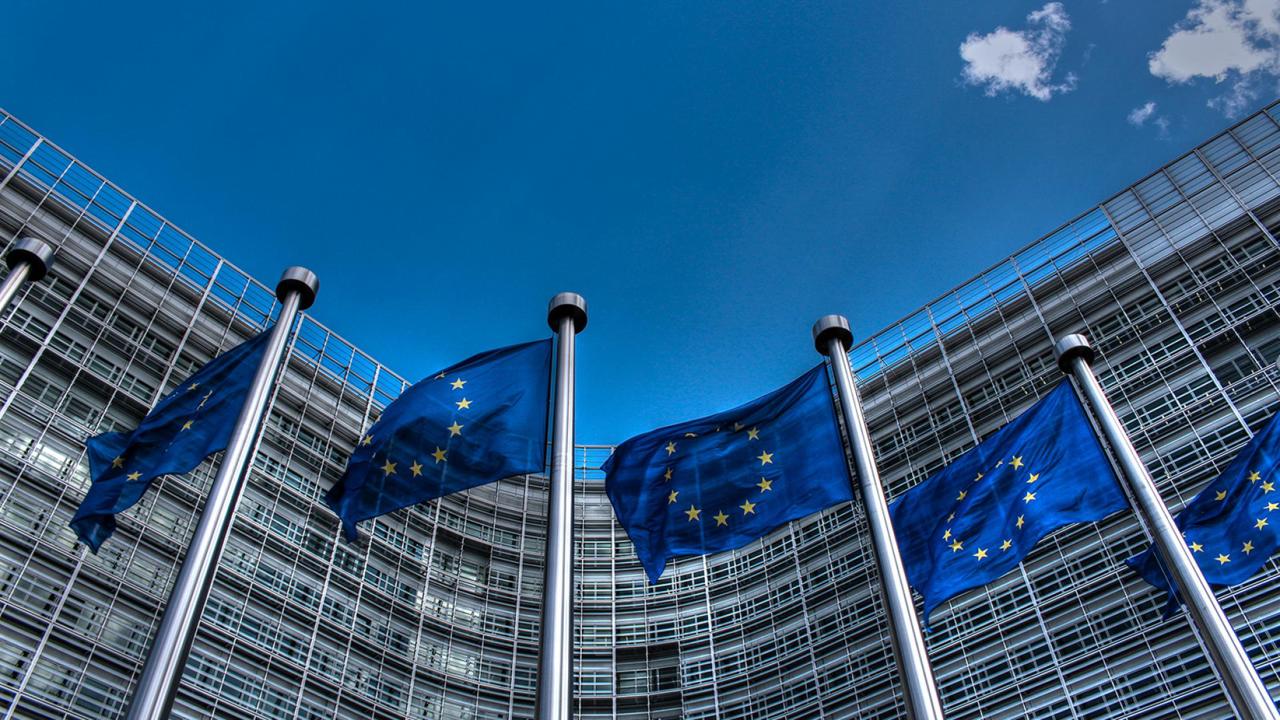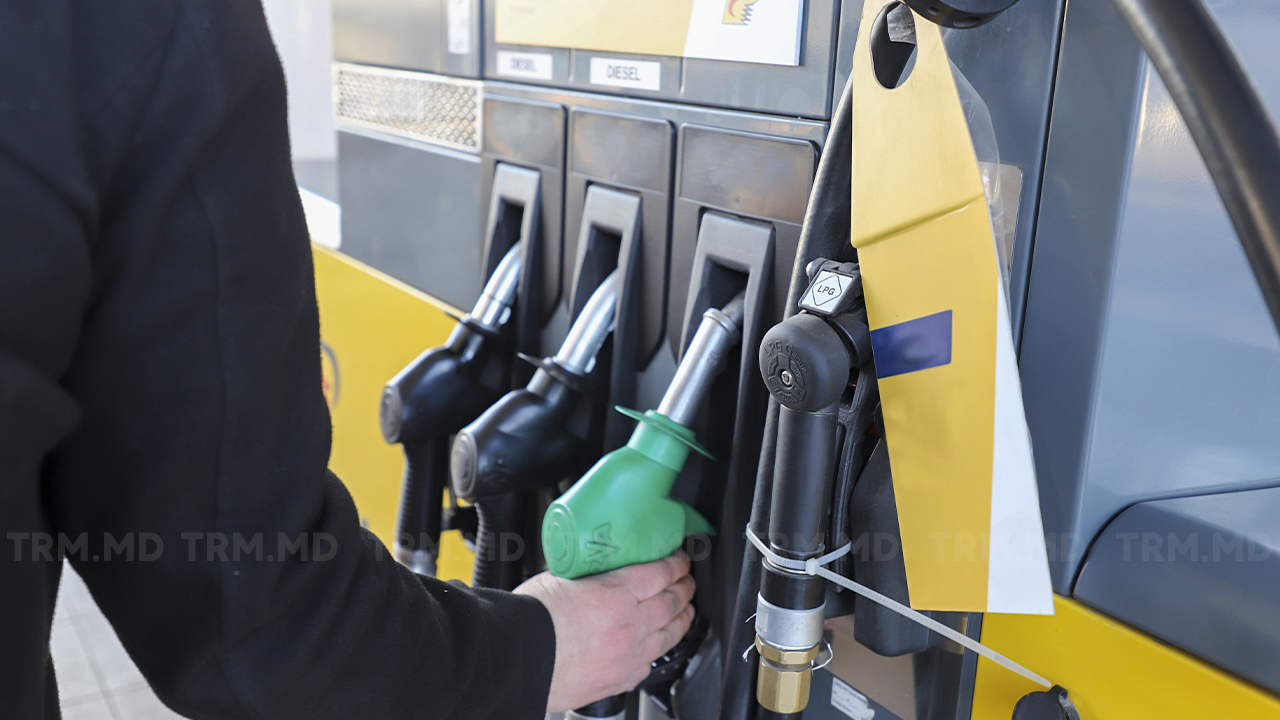Romania backs Victor Negrescu for key EU Commissioner role
Last week, Romanian Prime Minister Marcel Ciolacu proposed Victor Negrescu, a PSD MEP, for the position of European Commissioner representing Romania during a meeting in Brussels with Ursula von der Leyen, President of the European Commission.

Victor Negrescu, a former Minister for European Affairs, was already mentioned as a favourite candidate. Another name that circulated was that of the Minister of Labour, Simona Bucura-Oprescu, with the idea that Romania would nominate a woman, as explicitly requested by Ursula von der Leyen. Now confirmed for a second term, her primary task is to appoint the team of European Commissioners, one for each member state, similar to a ministerial college.
The nomination for European Commissioner from Romania must be made by the PSD, the Social Democrats, according to the unwritten law of alternation within the ruling coalition in Romania. In other words, after a PNL commissioner—Adina Vălean, who has held the transport portfolio in the EU for the past five years—a PSD member, such as Victor Negrescu, should be next.
Ursula von der Leyen must appoint a total of 26 European Commissioners. She is already included as a representative of Germany, but Estonia's Kaja Kallas, who has been elected and appointed by the heads of state to lead European diplomacy, as a sort of foreign minister, must also be excluded from the selection process (even though she too will be mandatorily heard by the European Parliament).
Thus, Ursula von der Leyen will need to distribute 25 portfolios to commissioners sent by the remaining 25 member states. This is a challenging task, as it is difficult to find well-defined roles for so many positions. But how, then, could a future Europe with 35 members function effectively?
The EU has been striving for more than two decades to have a smaller Commission. Twenty-seven is an enormous number and a great waste. It is clear that serious duties cannot be found for all, even though von der Leyen wishes to create a post for a Commissioner for the Mediterranean and one for military defence strategy. Imagine a government with 27 ministers. Furthermore, Article 17 (5) of the European Treaty clearly states the minimum number of commissioners required: it must be equal to two-thirds of the member states. With 27 members, this means a maximum of 17 commissioners.
This is what the treaties stipulate, so for more than a decade, efforts have been made to convince smaller countries to accept this and to group themselves geopolitically, regionally, clustering around affinities in order to have one commissioner. For some, this would not be a problem at all. It is easy to see how naturally a single commissioner for Benelux (Belgium, Netherlands, Luxembourg) could function.
Pragmatically, those countries do not have such vain pride; Luxembourg is, in fact, the only EU country that has not insisted on having its language as an official working language, even though it has the right to do so. Why spend money needlessly on translators when everyone there knows French, German, and English?
Similarly, a commissioner for the Baltic states, one for the Visegrád countries, another for Romania-Bulgaria, or the small islands of Malta-Cyprus could be imagined, with these countries arranging their rotation among themselves.
The problem arose with Ireland, which was adamant about having a commissioner and the guarantee that this would not change. This was during the ratification of the Lisbon Treaty, and there was a risk that the Irish would reject it if they did not have a commissioner. And so it remained, from promise to promise.
What if it cannot be changed? Theoretically, yes, but the treaty also states that this will be possible "only if the members unanimously decide to change the number." Given the obstinacy of Hungary's Viktor Orbán, this would be hard to believe in the current situation.
Recap: Ursula von der Leyen has already been voted in by the Parliament for a second term as President of the Commission.
At the time of the vote, the political extremes in the European Parliament were against her, particularly the French factions, both the left-wing of Jean-Luc Mélenchon and the far-right of Jordan Bardella (and Marine Le Pen).
Now, political pressure is coming from the capitals. Greek Prime Minister Kyriakos Mitsotakis is adamant that his country should secure a very important position when von der Leyen forms her team of Commissioners. "I would certainly like a portfolio that highlights, on the one hand, the progress Greece has made economically, but also Greece's strategic position on the southeast flank of Europe and NATO," he said in an interview with Barbara Moens. Name game: Mitsotakis has not yet announced Greece's choice for the next Commission. The current Greek Commissioner, Margaritis Schinas, has stated that he would like to remain in the role and that it would be a "great honour." But there are others under consideration, including the Governor of Central Macedonia, Apostolos Tzitzikostas, and Labour Minister Niki Kerameus.
Along with Polish Prime Minister Donald Tusk, Mitsotakis was one of the European People's Party (EPP) negotiators who secured a second term for von der Leyen in the European Council. With French President Emmanuel Macron and German Chancellor Olaf Scholz in weakened positions, and neutral leaders such as former Dutch Prime Minister Mark Rutte and Belgian Prime Minister Alexander De Croo leaving the Council, Mitsotakis may find himself in a position of power.
As expected, Dutch Prime Minister Dick Schoof officially supported Wopke Hoekstra, currently the EU climate chief, to remain in his role as the Netherlands' commissioner.
As for Belgium, no Flemish party seems interested in offering a commissioner at this time, reports the Belgian daily De Standaard—a situation that improves the chances of Francophone liberal Justice Commissioner Didier Reynders retaining his position in the Commission.
Author: Dan Alexe
Translation by Iurie Tataru





